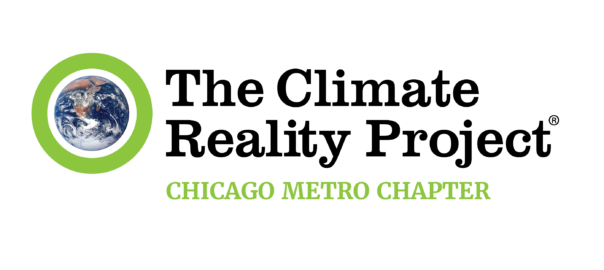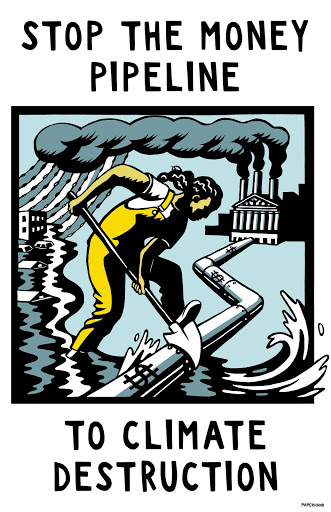Yale sociologist Justin Farrell’s new book, Billionaire Wilderness: The Ultra-Wealthy and the Remaking of the American West, is an amazing piece of scholarship that provides detailed insight into how wealth concentration is shaping the human (and more-than-human) communities in Teton County, Wyoming, which is both the richest county in the United States and the county with the highest wealth inequality (on various measures).
Farrell’s research, both qualitative and quantitative, is meticulous and presented in clear and accessible prose. The excerpted interviews provide candid (and sometimes stomach-churning) insight into the hearts and minds of both the ultra-wealthy and the working poor whose labor makes their lifestyles possible in Teton County and thereabouts. For various reasons that Farrell thoughtfully articulates, rural communities are under-researched, and accessing the ultra-wealthy for research purposes is challenging. But we can no longer afford to neglect such research and this book provides a model for much work that is yet to be done.
I strongly recommend this valuable book to anyone who is working on or simply interested in issues relating to climate change, conservation, wealth inequality, and/or social justice more broadly.


